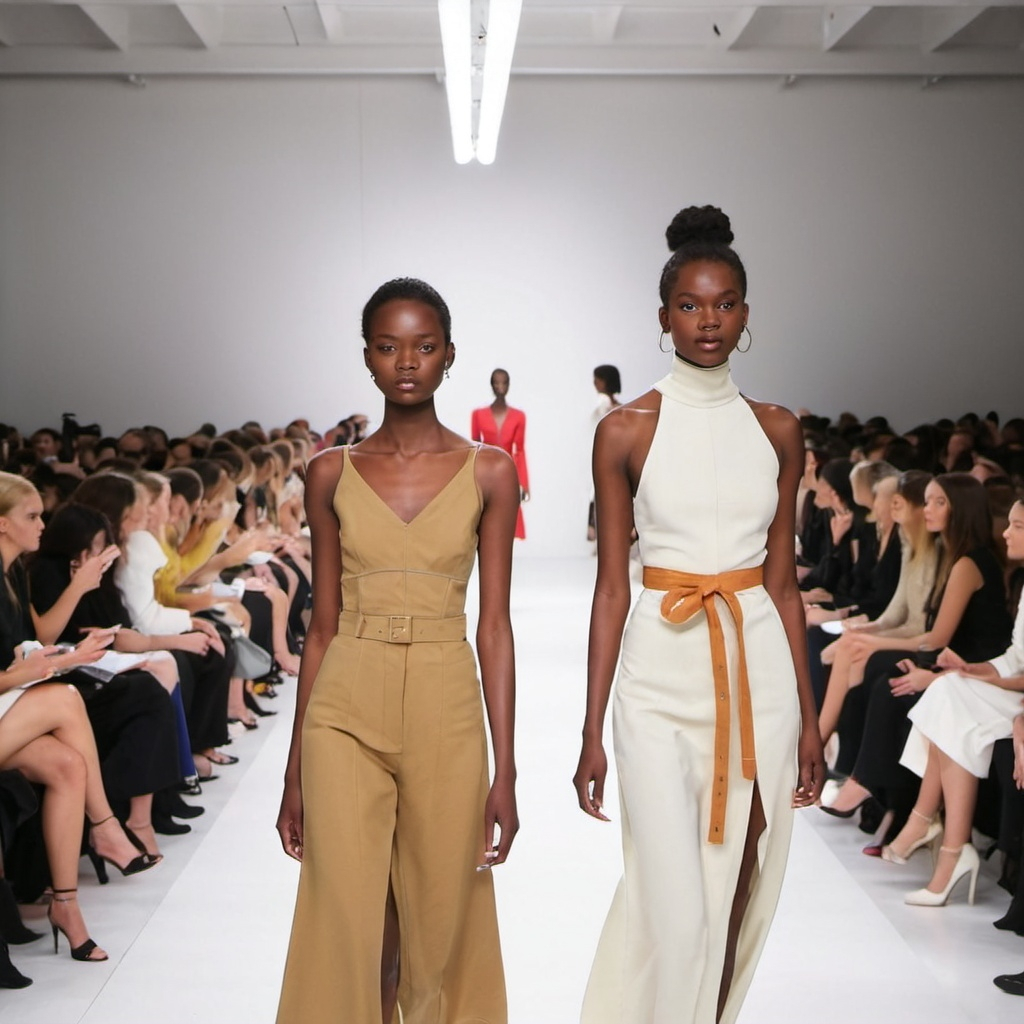Fashion Week is a major event in the fashion industry, offering designers a platform to showcase their collections, connect with industry professionals, and gain media exposure. For new designers, navigating Fashion Week can be both exhilarating and overwhelming. Here’s a guide on how to successfully make the most of this high-profile event and establish a strong presence in the fashion world.
1. Prepare Early and Thoroughly
Preparation is key to making a strong impression at Fashion Week. Begin by planning your collection months in advance. Ensure that your designs are complete, your garments are well-made, and your overall presentation is polished. Consider every detail, from the quality of the fabrics to the styling and accessories. Early preparation allows you to address any potential issues and ensures that you are ready for the big day.
2. Develop a Clear Concept
Having a clear concept for your collection helps you stand out and communicate your vision effectively. Define the theme, inspiration, and narrative of your collection. This clarity will guide your design process and help you articulate your vision to media, buyers, and attendees. A cohesive concept also makes it easier to create a memorable and impactful presentation.
3. Build a Strong Team
Surround yourself with a reliable and talented team to assist with various aspects of your Fashion Week presentation. This includes stylists, makeup artists, hairdressers, and PR professionals. A strong team ensures that every element of your show runs smoothly and helps you achieve a professional and polished look. Collaborate with individuals who understand your vision and can contribute their expertise to enhance your presentation.
4. Secure the Right Venue
Choosing the right venue for your Fashion Week show is crucial for creating the desired atmosphere and showcasing your collection effectively. Whether you opt for a traditional runway, a presentation, or a more unconventional setting, ensure that the venue aligns with your brand and concept. Consider factors such as location, size, and ambiance to create an impactful experience for your audience.
5. Promote Your Show
Effective promotion is essential for attracting attention to your Fashion Week show. Utilize social media, your website, and other marketing channels to generate buzz about your collection. Send out invitations to industry professionals, media, and influencers. Consider working with a PR agency to amplify your reach and secure coverage in fashion publications and blogs.
6. Engage with Media and Influencers
Media coverage and influencer endorsements can significantly boost your visibility during Fashion Week. Prepare press kits that include information about your collection, high-quality images, and your contact details. Reach out to fashion journalists, bloggers, and influencers who cover Fashion Week and invite them to your show. Engaging with media and influencers helps build buzz and creates opportunities for additional exposure.
7. Network with Industry Professionals
Fashion Week is an excellent opportunity to network with industry professionals, including buyers, editors, and fellow designers. Attend events, parties, and industry gatherings to build connections and expand your network. Be prepared to introduce yourself, discuss your collection, and exchange contact information. Building relationships with key industry figures can lead to future opportunities and collaborations.
8. Plan Your Show Details
The details of your show, such as the timing, choreography, and music, play a significant role in creating a memorable experience. Plan the flow of your show carefully, ensuring that it highlights your collection effectively. Rehearse with your models to ensure smooth transitions and a cohesive presentation. Attention to detail helps create a professional and engaging show that leaves a lasting impression.
9. Handle Logistics and Finances
Managing logistics and finances is crucial for a successful Fashion Week presentation. Ensure that all aspects, from transportation and accommodations to budgeting and contracts, are well-organized. Keep track of expenses and ensure that you stay within your budget. Proper logistical planning helps avoid last-minute issues and ensures that your show runs smoothly.
10. Follow Up After the Show
Following up after Fashion Week is important for maintaining the momentum and building on the success of your show. Reach out to media contacts, buyers, and industry professionals who attended your show to thank them and provide additional information about your collection. Leverage the exposure and feedback you received to further promote your brand and pursue new opportunities.
Conclusion
Successfully navigating Fashion Week as a new designer requires careful preparation, clear conceptualization, and effective promotion. Building a strong team, choosing the right venue, and engaging with media and influencers are essential for creating a memorable presentation. Networking with industry professionals, planning show details, and managing logistics and finances contribute to a smooth and successful event. By following these steps and maintaining a proactive approach, you can make the most of Fashion Week and establish a strong presence in the fashion industry.
